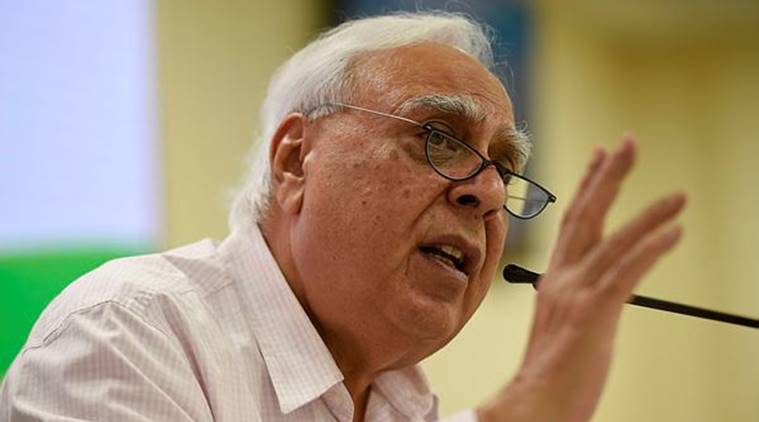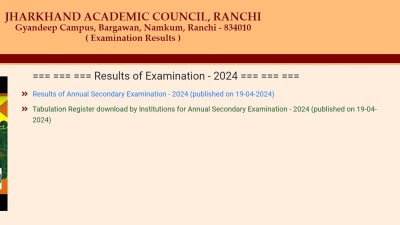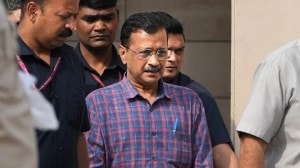- India
- International
No state can deny implementation of CAA, it’s unconstitutional: Congress leader Kapil Sibal
Several state governments including Kerala, Rajasthan, Madhya Pradesh, West Bengal and Maharashtra have voiced their dissent with the controversial law and said that they won't implement it.
 Congress leader Kapil Sibal said no state can deny the implementation of CAA. (PTI photo)
Congress leader Kapil Sibal said no state can deny the implementation of CAA. (PTI photo)
Days after Kerala moved the Supreme Court against the Citizenship (Amendment) Act, senior Congress leader Kapil Sibal Saturday stated that no state can deny the implementation of the CAA when it is already passed by Parliament and added that doing so would be “unconstitutional”.
“If the CAA is passed no state can say ‘I will not implement it’. It is not possible and is unconstitutional. You can oppose it, you can pass a resolution in the Assembly and ask the central government to withdraw it,” Sibal was quoted as saying by news agency PTI.
#WATCH Senior Congress leader Kapil Sibal in Kozhikode, Kerala: Constitutionally, it will be difficult for any state government to say that ‘I will not follow a law passed by Parliament’. #CitizenshipAmendmentAct pic.twitter.com/tNeSt5h0e5
— ANI (@ANI) January 18, 2020
“But constitutionally saying that I won’t implement it is going to be problematic and going to create more difficulties,” the former minister of law and justice added. Sibal was speaking at the Kerala Literature Festival (KLF).
That was a powerful section on the topic “The Idea of India”. @JBrittas in conversation with @KapilSibal was the best thing ever. #KLF2020 #KeralaTourism pic.twitter.com/seSyiOYhmC
— KeralaLiteratureFest (@KeralaLitFest) January 18, 2020
On Tuesday, the Kerala government moved the top court against the CAA, seeking to declare it “violative of the principles of equality, freedom and secularism enshrined in the Constitution”.
Following Kerala’s footsteps, the Punjab Assembly also passed a resolution against the contentious law. The Amarinder Singh-led Punjab government also said that it would approach the Supreme Court on the issue of CAA.
Several state governments including Kerala, Rajasthan, Madhya Pradesh, West Bengal and Maharashtra have voiced their dissent with the controversial law and said that they won’t implement it.
Further, explaining what states mean when they deny implementing the amended Citizenship law, the senior lawyer-politician said, “…The NRC is based on the NPR, and the NPR is to be implemented by the local registrar. Now the local registrar has to be appointed at the level of the community in which that enumeration is to take place and those have to be the state-level officers,” news agency PTI reported.
Explained | What NRC+CAA means to you

“So what is being said is that we would not allow a state-level officer to cooperate with the Union of India. That is what is being said, practically if this is possible or not I am not sure. But constitutionally it would be very difficult for the state govt to say that I will not follow a law passed by the Parliament,” he explained.
‘CAA protests battle between the leader and people of India’
Speaking on the ongoing anti-CAA nationwide agitations, Sibal termed it as a battle between the “leader” and “people of India”. He also appreciated saying “thank god” that it was the “students, poor and middle-class” of the country that are leading the movement and not any political party.
Don’t miss from Explained: Why NPR isn’t NRC?
“… It is making an impact because globally and within the country, the people are realising that this is not politics, this is real. These are students, ordinary and poor middle-class people coming out. They are not connected to any political party,” Sibal said.
“People in India are showing their angst, their concerns, their worries about the future of India. Everybody wants development, what has Modi done? He has done his own development rather than the development of the country,” he added.
Apr 19: Latest News
- 01
- 02
- 03
- 04
- 05





























